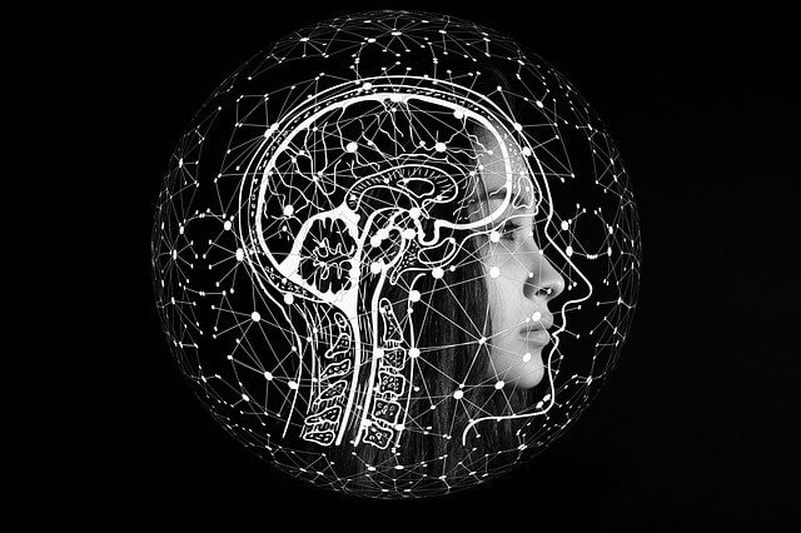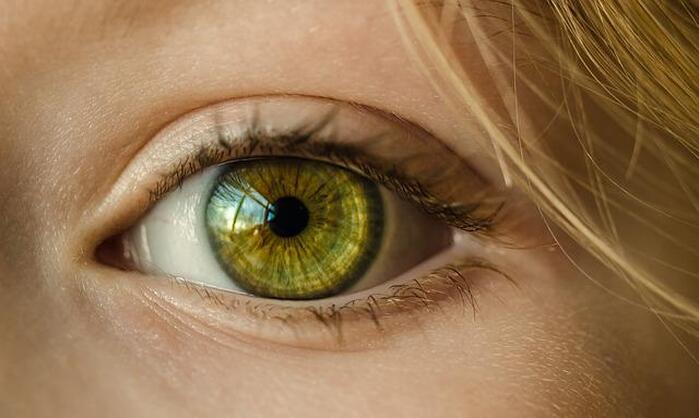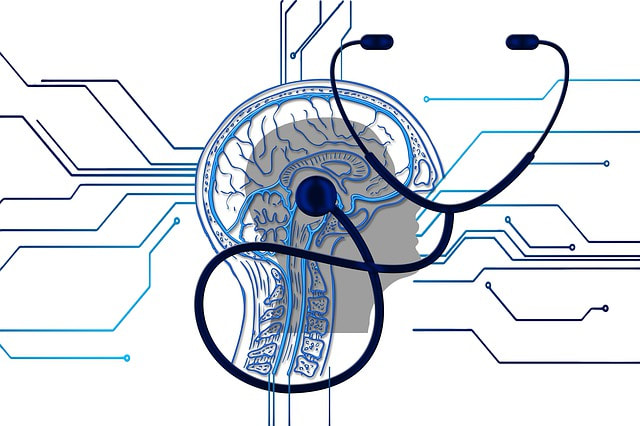Cataract Treatment Could Help Prevent Dementia
They say seeing is believing, but what if seeing is related to remembering, too?
At the front of the human eye, there is a lens that light passes through before being processed by the brain. Normally, this lens is clear. Sometimes, however, the lens becomes cloudy, like looking through a foggy window. This is a cataract, a condition common in older adults.
Cataracts typically develop slowly, but without treatment, they can fully obstruct vision to the point of blindness. Currently, over 35 million people in the world have some form of cataracts. Of those 35 million, an estimated 20 million are blind because of cataracts. Thankfully, vision can be regained through cataract surgery. This procedure usually involves removing the cloudy lens and replacing it with an artificial lens.
According to a recent research study, the benefits of cataract surgery may even stretch beyond correcting blindness. Published in December 2021 in JAMA Internal Medicine, a subdivision of the Journal of the American Medical Association (JAMA), the Adult Changes in Thought (ACT) study in Washington state researched the association between cataract treatment and dementia. After studying the data of 3038 participants, the researchers discovered an association between removing cataracts and having a lower risk for developing dementia.
Dementia is an umbrella term that describes conditions relating to the loss of brain functions, such as memory or problem-solving. One of the most well-known forms of dementia is Alzheimer’s disease, a condition that causes severe deterioration of memory and thinking skills. It is highly prevalent in adults over 65 years of age, but early-onset cases are also possible, occurring in people in their 30s to mid-60s. Alzheimer’s disease affects over six million people in the United States alone, while dementia overall affects upwards of 55 million people worldwide.
At the front of the human eye, there is a lens that light passes through before being processed by the brain. Normally, this lens is clear. Sometimes, however, the lens becomes cloudy, like looking through a foggy window. This is a cataract, a condition common in older adults.
Cataracts typically develop slowly, but without treatment, they can fully obstruct vision to the point of blindness. Currently, over 35 million people in the world have some form of cataracts. Of those 35 million, an estimated 20 million are blind because of cataracts. Thankfully, vision can be regained through cataract surgery. This procedure usually involves removing the cloudy lens and replacing it with an artificial lens.
According to a recent research study, the benefits of cataract surgery may even stretch beyond correcting blindness. Published in December 2021 in JAMA Internal Medicine, a subdivision of the Journal of the American Medical Association (JAMA), the Adult Changes in Thought (ACT) study in Washington state researched the association between cataract treatment and dementia. After studying the data of 3038 participants, the researchers discovered an association between removing cataracts and having a lower risk for developing dementia.
Dementia is an umbrella term that describes conditions relating to the loss of brain functions, such as memory or problem-solving. One of the most well-known forms of dementia is Alzheimer’s disease, a condition that causes severe deterioration of memory and thinking skills. It is highly prevalent in adults over 65 years of age, but early-onset cases are also possible, occurring in people in their 30s to mid-60s. Alzheimer’s disease affects over six million people in the United States alone, while dementia overall affects upwards of 55 million people worldwide.
Image Source: Skitterphoto
So, how can treating cataracts help protect against dementia?
The main goal of cataract surgery is to improve eyesight. In turn, improved eyesight can support brain health. As found by the ACT study, restored vision as a result of cataract surgery was associated with a decreased risk for mental deterioration. The study theorized that blindness lowers the number of stimuli, or pieces of information from one’s surroundings, that get processed by the brain. With fewer opportunities to process information, the neurons, or nerve cells, in the brain begin to break down from lack of activity. In some cases, the largest part of the brain devoted to sight--the visual cortex—begins to atrophy, or break down, noticeably. By undergoing a procedure such as cataract surgery to restore vision, the visual cortex gets more stimuli to interact with, keeping the rest of the brain active as it makes sense of all of this outside information. This increased activity prevents the brain from deteriorating and losing function.
It should be noted that the majority of the ACT participants (approximately 91%) identified as White. As a result, the conclusions of this study may not apply as strongly to other populations. Dementia is a multifaceted health condition with many different causes depending on the patient, and no current cure. Nevertheless, prevention and early diagnosis are highly important in the fight against dementia. Though it is far from being the only preventative measure, maintaining good vision through cataract surgery is a valuable option for individuals with cataracts to potentially lower their risk for dementia.
The main goal of cataract surgery is to improve eyesight. In turn, improved eyesight can support brain health. As found by the ACT study, restored vision as a result of cataract surgery was associated with a decreased risk for mental deterioration. The study theorized that blindness lowers the number of stimuli, or pieces of information from one’s surroundings, that get processed by the brain. With fewer opportunities to process information, the neurons, or nerve cells, in the brain begin to break down from lack of activity. In some cases, the largest part of the brain devoted to sight--the visual cortex—begins to atrophy, or break down, noticeably. By undergoing a procedure such as cataract surgery to restore vision, the visual cortex gets more stimuli to interact with, keeping the rest of the brain active as it makes sense of all of this outside information. This increased activity prevents the brain from deteriorating and losing function.
It should be noted that the majority of the ACT participants (approximately 91%) identified as White. As a result, the conclusions of this study may not apply as strongly to other populations. Dementia is a multifaceted health condition with many different causes depending on the patient, and no current cure. Nevertheless, prevention and early diagnosis are highly important in the fight against dementia. Though it is far from being the only preventative measure, maintaining good vision through cataract surgery is a valuable option for individuals with cataracts to potentially lower their risk for dementia.
Featured Image Source: geralt
RELATED ARTICLES
|
Vertical Divider
|
Vertical Divider
|
Vertical Divider
|






